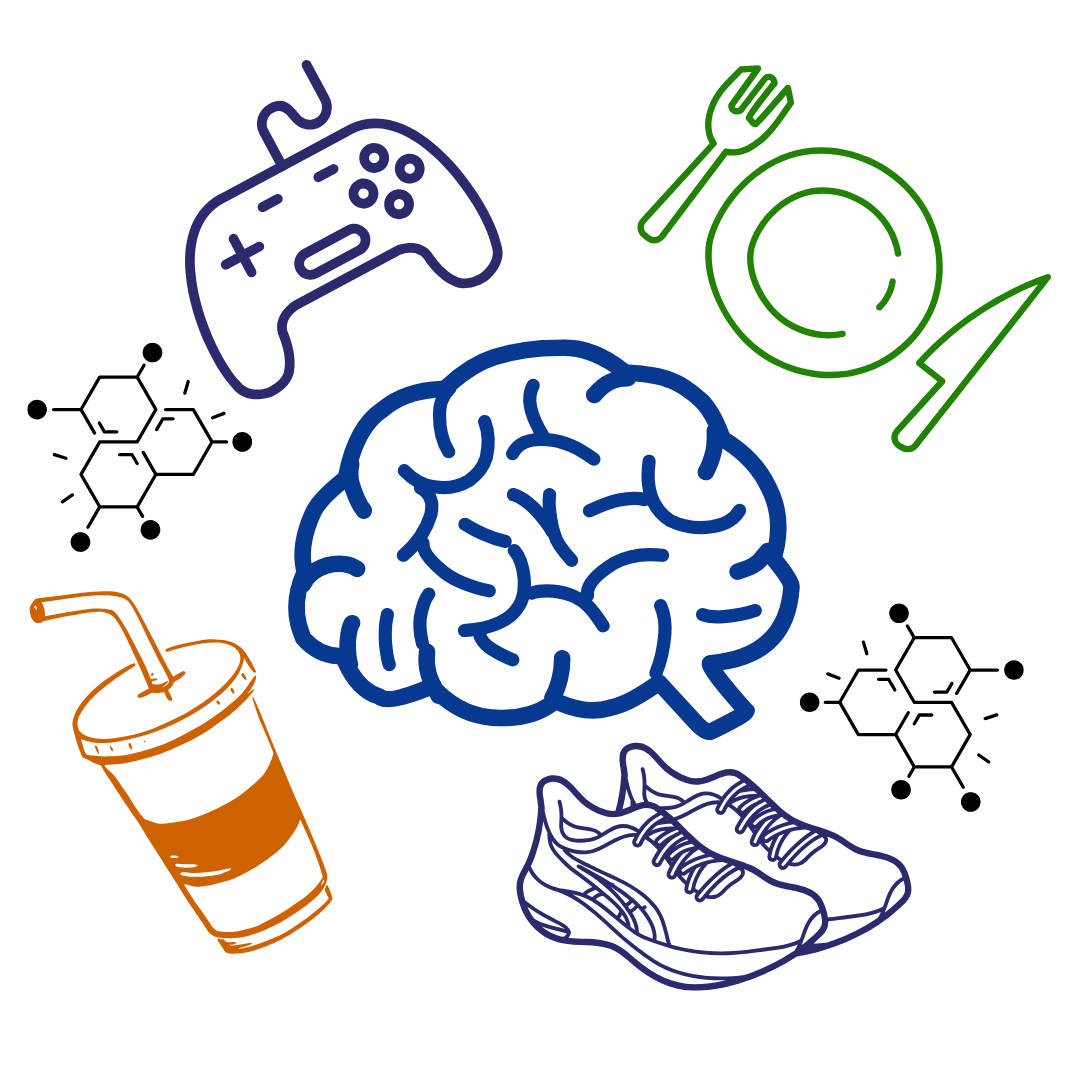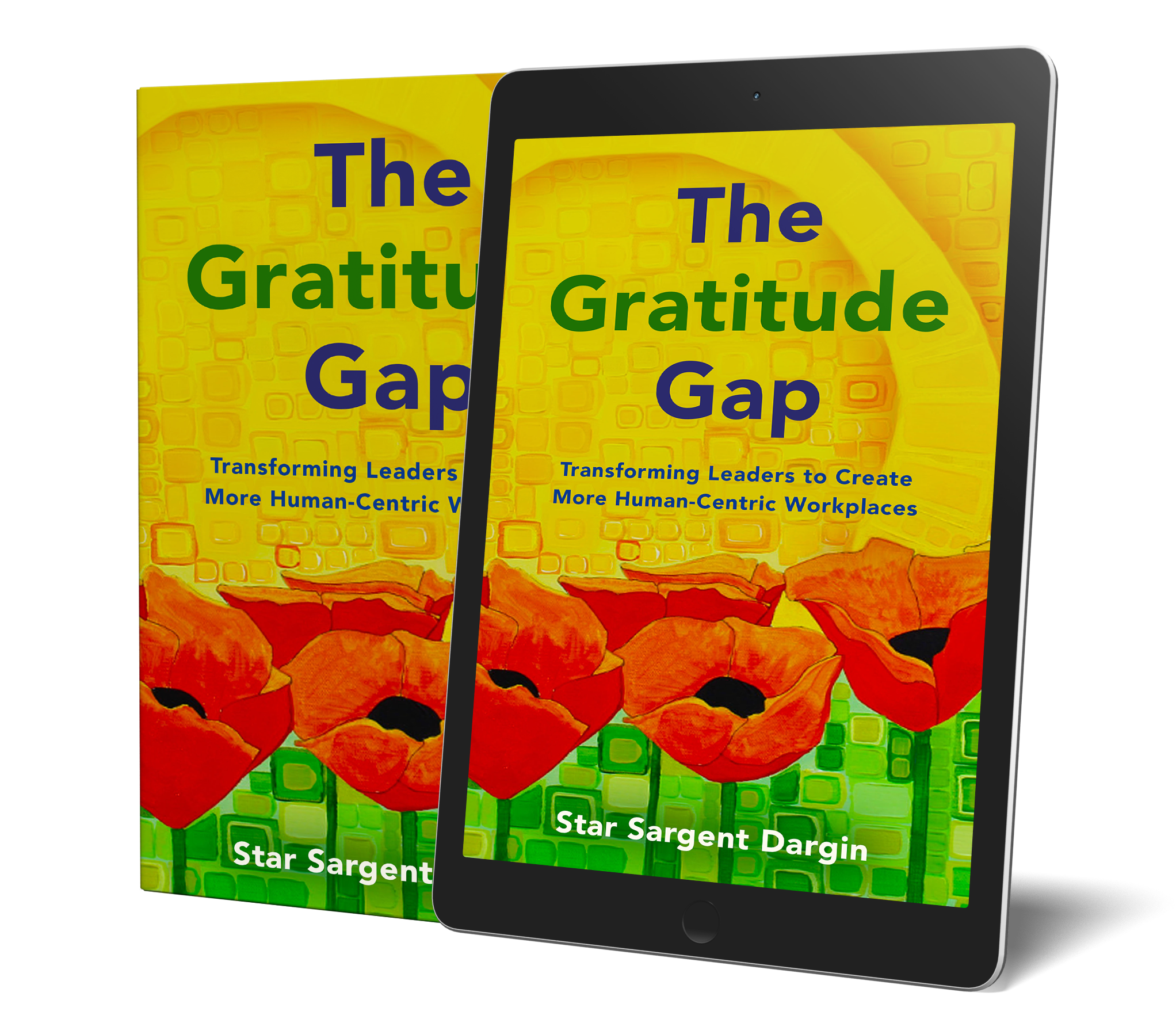Drugs, alcohol, and doom scrolling activate the feel-good chemicals in our bodies. So does gratitude. I’ll state the obvious: not everything that activates the feel-good chemicals is healthy. There can be short- and long-term repercussions from some of our feel-good activities, including addiction and deterioration of our physical, mental, and social health. Social media dopamine scrolling is addictive because it activates the brain’s reward center and releases feel-good chemicals.
Video games are known to be designed to manipulate our body’s feel-good chemicals, and these activities can also be addictive. Marketing, sales techniques, and social media are cesspools for intentionally activating the positive chemicals in our bodies to manipulate us to feel good so we will engage with a product or person or make a purchase.

Candy Crush is a popular free-to-play video tile match game with in-game purchases. It was one of the first free games to earn over US$1 billion annually. The free version of the game gets you hooked, and the business goal is to get you to make those in-game purchases. Candy Crush intentionally activates our feel-good chemicals to keep us going and make game-related purchases. It has been successful for the company that owns the game, racking up over US $20 billion in revenue. Because it activates our feel-good chemicals, we keep repeating what makes us feel good and buy more!
There is hope. Strong gratitude. A recent study showed that those who had high gratitude were less likely to be addicted to online gaming. A BMC Psychology study on online gaming and gratitude reports:
Our results are in line with the coping theory, which indicates that individuals with high gratitude are more likely to seek instrumental and affective social support from others and they tend to adopt more active coping strategies to deal with problems in life, rather than resorting to negative strategies such as online game addiction, thus helping to reduce or counteract online game addiction.
Cold showers activate the feel-good chemical serotonin in our body, the same chemical as gratitude. Alcohol activates dopamine in our body, the same chemical as gratitude. Different exercises, certain foods, and sunshine also activate these feel-good chemicals. Not all feel-good chemical activation is healthy for you in the short or long term. There can be side effects like addiction and deterioration of your health.
The more we flood ourselves with positive feel-good body chemicals in healthy and intentional ways, the more physically, mentally, and emotionally healthy we are, making us better leaders.
Gratitude is one of the simplest ways to activate the feel-good chemicals, and it’s sustainable with no adverse side effects. However, strengthening and sustaining gratitude has many challenges. That is the topic of my next book, Closing the Gratitude Gap. It describes the challenges and offers solutions to building strong and sustainable gratitude.
I’ve found over fifty challenges that get in the way of gratitude.
What challenges have you seen in the workplace that prevent gratitude from flourishing?

